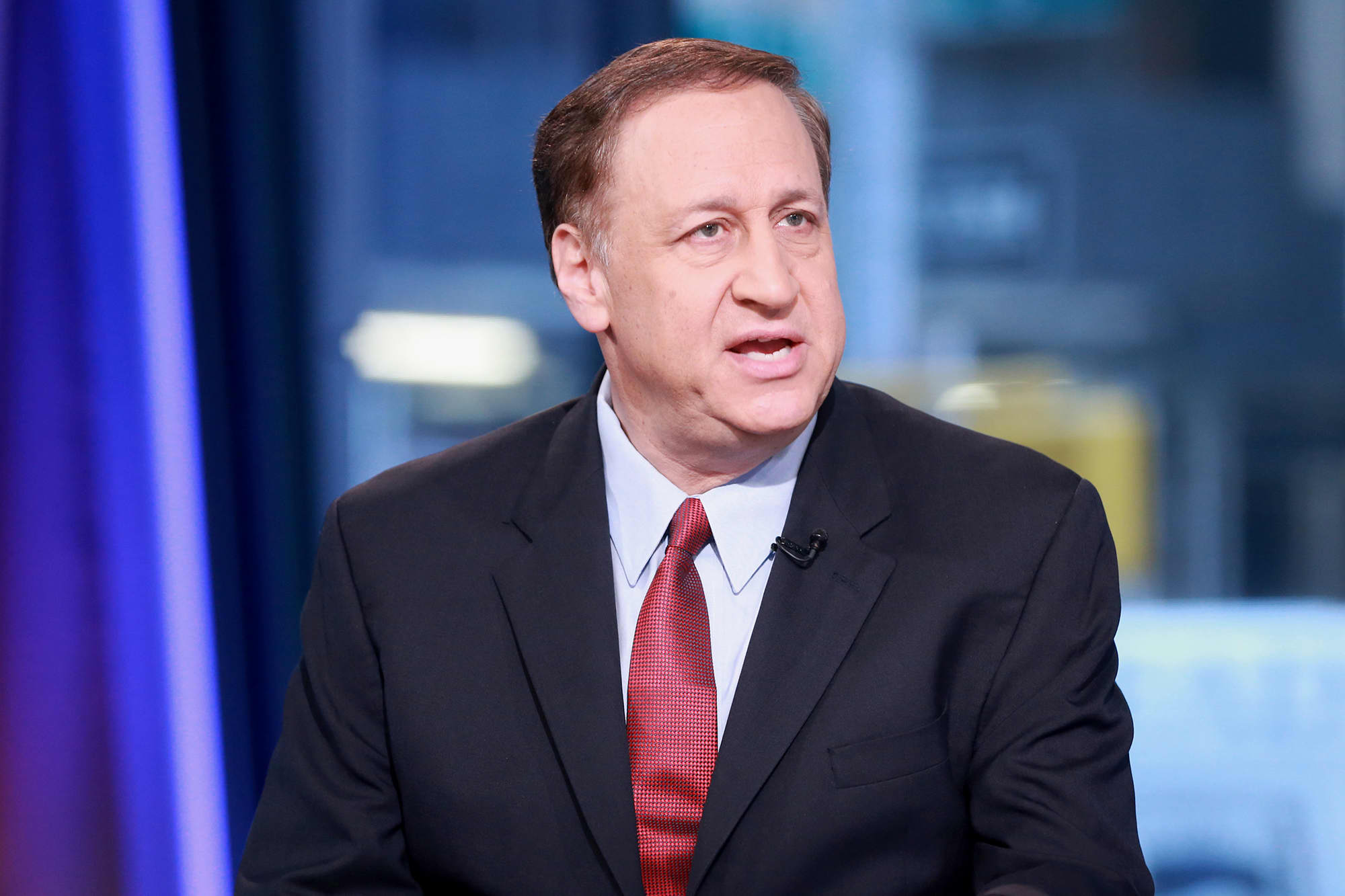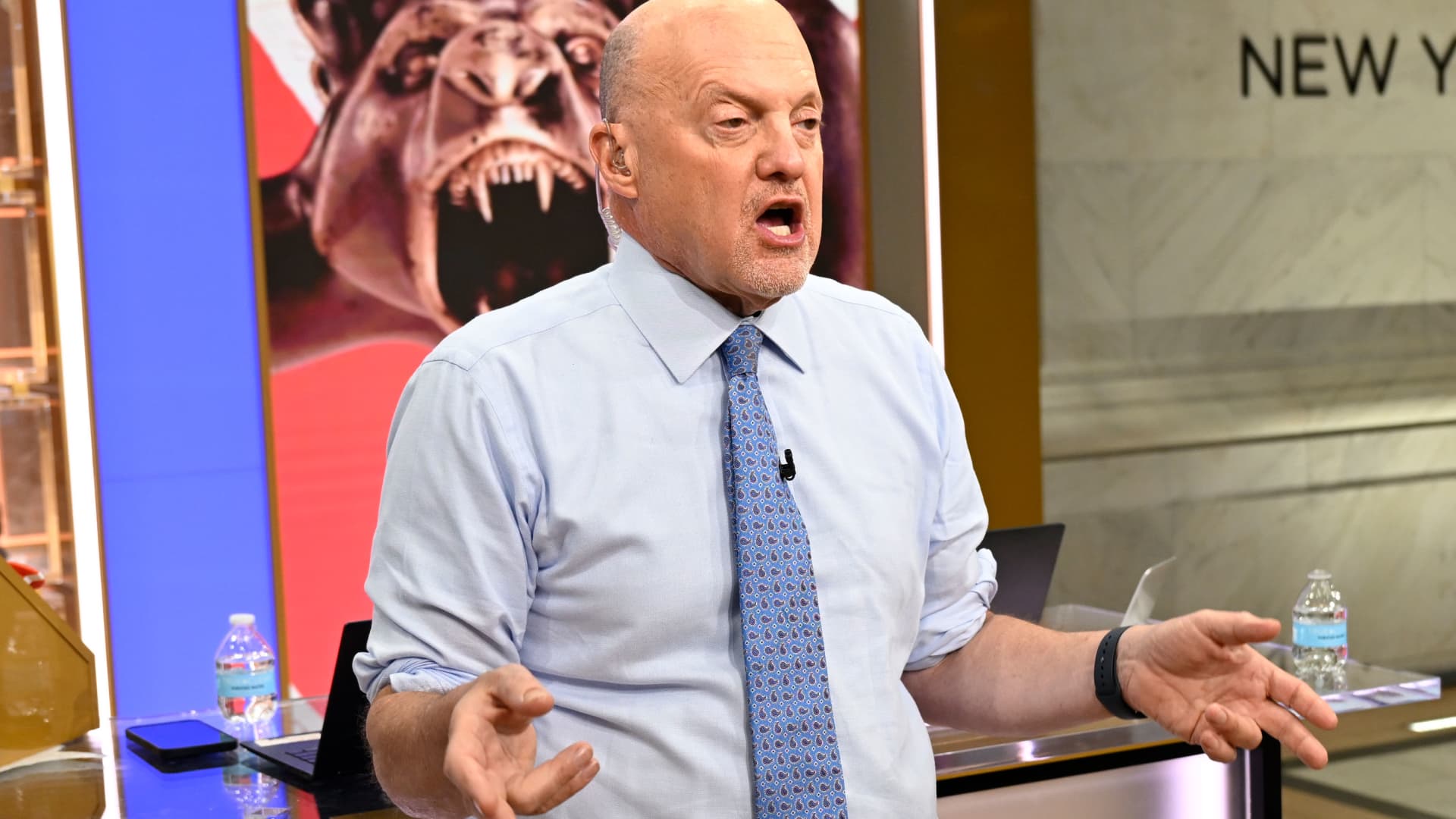U.S. can avoid default in July if Treasury can make it through June cash crunch, Congressional Budget Office says
Tax revenues and emergency measures after June 15 will let Treasury "continue financing operations through at least the end of July," said the CBO.

People walk and ride bicycles past the US Capitol in Washington, DC, on May 11, 2023.
Jim Watson | AFP | Getty Images
WASHINGTON — The Congressional Budget Office on Friday said that tax revenues and emergency measures after June 15 "will probably allow the government to continue financing operations through at least the end of July."
The updated guidance otherwise reiterated the CBO's earlier uncertainty about the debt ceiling during the first few weeks of June. Even though mid-June tax revenues could ease pressure on the Treasury through July, there's still the risk of default in the first few weeks of June, the key government forecaster said.
"If the debt limit remains unchanged, there is significant risk that at some point in the first two weeks of June, the government will no longer be able to pay all of its obligations," said the CBO report.
The new report came as the White House and congressional leaders postponed a scheduled Friday meeting to continue negotiations, citing little progress so far over any deal to cut spending and pair that with a debt limit hike.
Read more: Confused about the debt ceiling? Here's what you need to know
"The extent to which the Treasury will be able to fund the government's ongoing operations will remain uncertain throughout May, even if the Treasury ultimately runs out of funds in early June. That uncertainty exists because the timing and amount of revenue collections and outlays over the intervening weeks could differ from CBO's projections."
The office warned that there were several factors that could alter these numbers, and that one of the more significant ones could be an expected Supreme Court ruling on President Joe Biden's student loan forgiveness plan.
Legal experts told CNBC the nation's highest court is likely to strike down the $400 billion debt forgiveness plan, given the court's conservative majority.
The debt ceiling talks were postponed less than a day before Biden was set to sit down with House Speaker Kevin McCarthy, R-Calif., Senate Minority Leader Mitch McConnell, R-Ky., Senate Majority Leader Chuck Schumer, D-N.Y., and House Minority Leader Hakeem Jeffries, D-N.Y.
This is a developing story, please check back for updates.

 ValVades
ValVades 
































